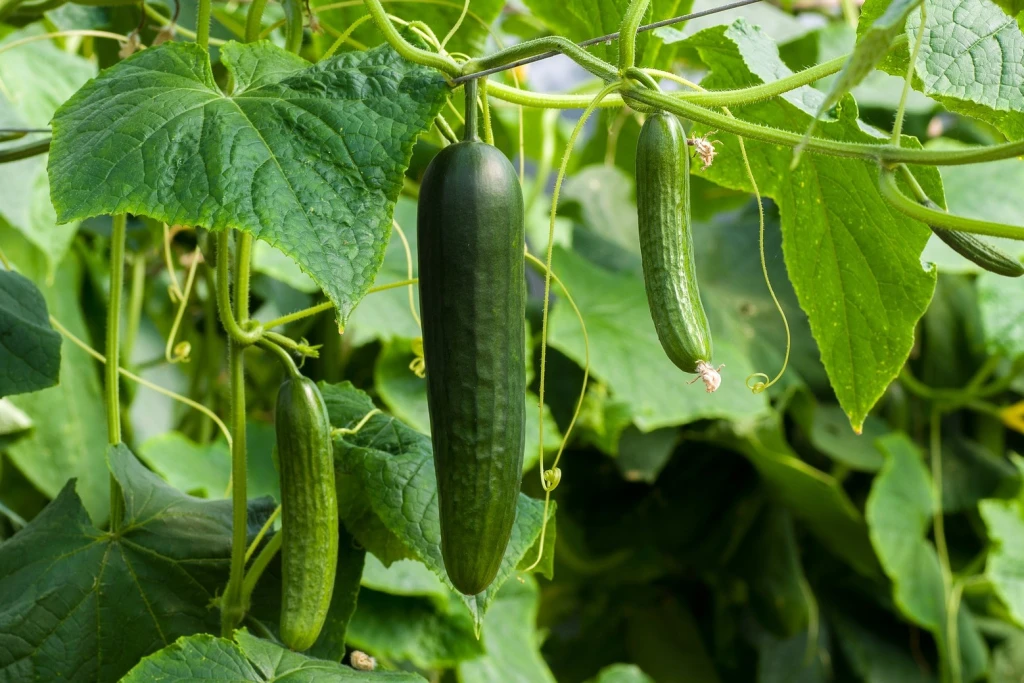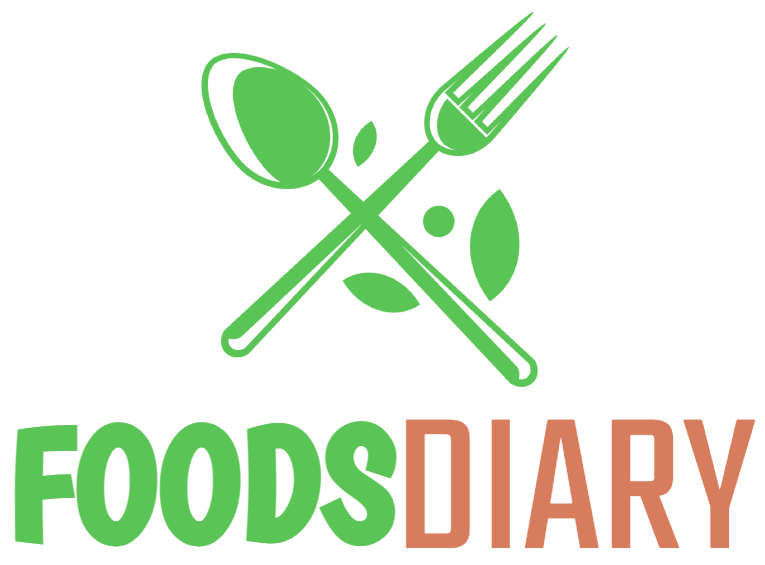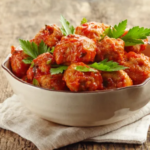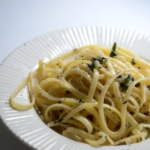Is cucumber a fruit or a vegetable? For many this question already has an answer because it is obvious, right? Wait a minute; do not rush to answer before reading this article, because sometimes things are not as we paint them. After reading, you will surely have a lot of fun at the supermarket re-identifying and classifying fruits and vegetables, just like if you were a little one!
Continue reading and discover the true identity of the cucumber, in addition to its benefits for the body and its properties. Then, we show some recipes so you can enjoy the delicious taste of this food.
Difference between fruit and vegetables
There are many myths surrounding fruits and vegetables, but perhaps one of the most curious is the confusion that exists between them. These confusions arise due to beliefs, historical facts or even due to the uses that are given to food. However, in the scientific field of botany, there are differences between fruits and vegetables, since both have their own much defined characteristics. Of course, after you know what they are, getting confused will be a bit more difficult, at least in most cases.
Fruits and vegetables are different parts of a plant. On the one hand, the fruits or fruits are the ovaries of the plant, since they contain the seeds of the same, as well as they also have peels and pulps. On the other hand, vegetables are the rest of the plant (seeds, tubers, roots, stems, leaves, bulbs and flowers). There are certain exceptions to these rules, which we will delve into in a future opportunity.
Is cucumber a fruit or a vegetable?
You may say that cucumber is a vegetable because it is eaten in salads, it is also used in soups, it can be eaten as a main dish or as a side dish, and it is not used in desserts. So what is a cucumber, fruit or vegetable? Cucumber is a fruit. You already knew it? Although the cucumber is given the culinary and traditional uses of vegetables, it does not mean that it is biologically so.
According to the definition of the RAE, cucumber is a “pulpy, cylindrical fruit, six to twelve centimeters long and two to five thick, yellow when ripe, and before more or less light green on the outside, white inside and with a multitude of oval and pointed seeds at one end, flat and small. It is eatable”. Therefore, although we always use cucumber to prepare and accompany dishes and not desserts, it does not mean that it is a vegetable. Interesting, right? Also, as we can see, cucumbers contain the seeds of the plant, which definitely makes them a fruit.
It is also interesting to know why it is so confusing to identify fruits from vegetables, if the thing seems so simple. However, many times, the popular denomination of this type of food is a social convention rather than a biological fact. For example, the FAO says in this regard: “Foods called vegetables or vegetables include some fruits (for example, tomatoes and pumpkins), leaves (amaranth and cabbage), roots (carrots and turnips) and even stems (celery) and flowers (cauliflower). Many of the plants from which these edible parts are taken have no botanical relationship to each other. However, vegetable is a useful word in nutrition and in domestic terminology”.
Cucumber Benefits
Undoubtedly, cucumber not only has nutritional attributes and many advantages for the body, but it is also a magnificent ally in beauty treatments, since it is an ingredient widely used in masks and homemade beauty creams. Are you ready to discover the most important benefits of cucumber?
- An ally in weight loss: cucumbers are ideal for weight loss regimens, as are pumpkins and watermelons (they belong to the same family), as they contain plenty of water and are low in calories.
- Beneficial for the skin: thanks to its high water content, it hydrates the skin, both inside (when ingested) and outside (when applied to it).
- Protects the brain: Cucumber has a flavone (antioxidant and anti-inflammatory) that helps neuronal connectivity and takes care of the brain. In addition, if you consume cucumber water with lemon or cucumber, celery and apple smoothie, you relieve tension headaches or simple fatigue.
- Regulates cell functions: favors the proper transmission of nerve impulses. Its great contribution in potassium acts as a positively charged ion that regulates brain functions.
- Prevents fatigue and stress: this is due to its large amount of B vitamins, very effective in relaxing and relieving the impact of stress on the body. In addition, it also protects and improves cellular health.
- Protects the heart and the rest of the circulatory system: its contribution of potassium helps regulate blood pressure.
- It acts as a natural anti-inflammatory: whether ingested or applied to the skin, this fruit is credited with magnificent anti-inflammatory properties. For beauty treatments, they are used on the eyes (sliced), on the teeth (chewed) and on the hair through homemade masks (also applied to the nails).
- Effectively hydrates the body: it is an excellent natural moisturizer, whether ingested or applied to the skin. Improves burns caused by sun exposure thanks to the potassium, magnesium and silicon it contains.
Nutritional value of cucumber
Cucumber is low in calories, compared to other vegetables, and has high water content. In addition, it provides vitamin C, foliate, thiamin, niacin, potassium, phosphorus, magnesium and iron. Its skin has small amounts of beta carotene (which disappear when peeling the cucumber). These are the main components of its nutritional table for every 100 g:
- 13g calories
- 7g protein
- 2g fat
- 9g carbohydrate
- 0g cholesterol
- 5g fiber



